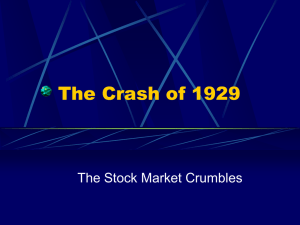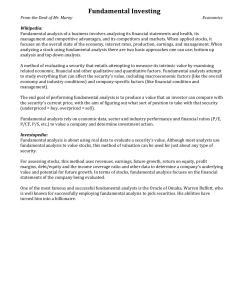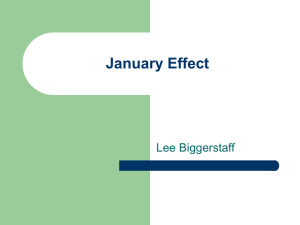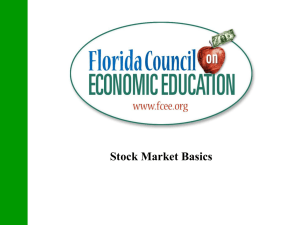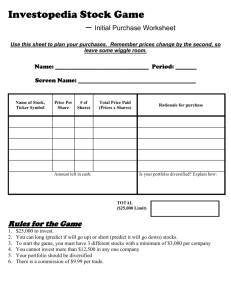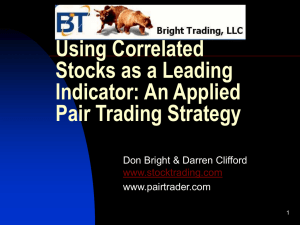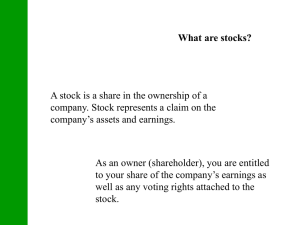Tesla, Tupperware And 8 Other Winning Stocks Set For A Slide In
advertisement
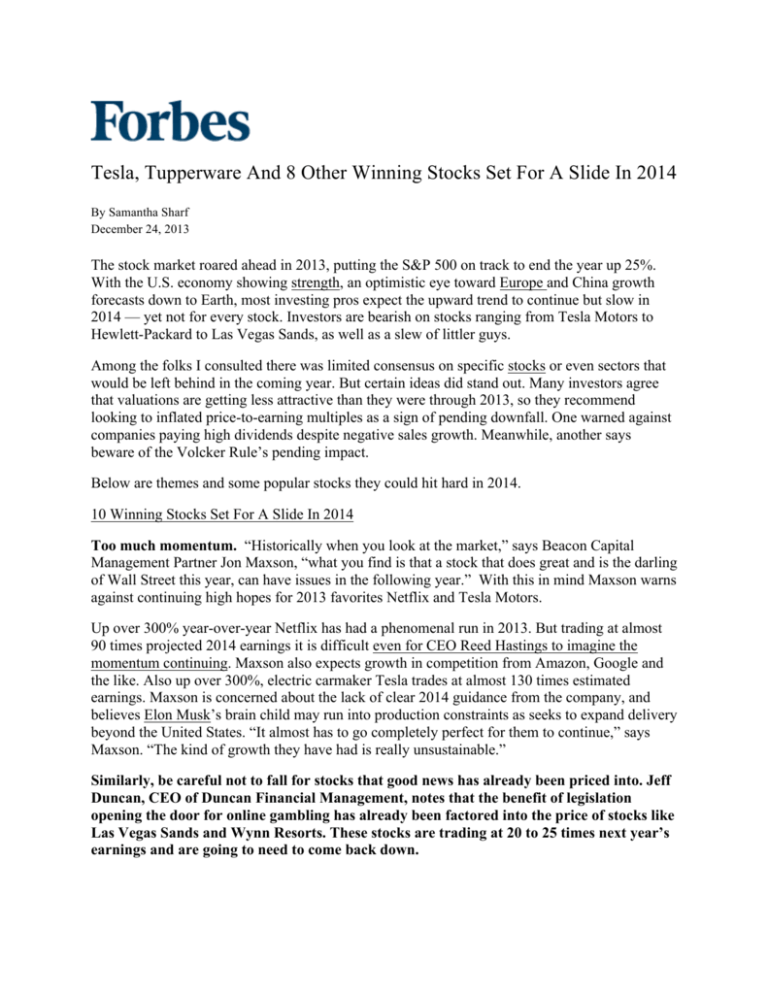
Tesla, Tupperware And 8 Other Winning Stocks Set For A Slide In 2014 By Samantha Sharf December 24, 2013 The stock market roared ahead in 2013, putting the S&P 500 on track to end the year up 25%. With the U.S. economy showing strength, an optimistic eye toward Europe and China growth forecasts down to Earth, most investing pros expect the upward trend to continue but slow in 2014 — yet not for every stock. Investors are bearish on stocks ranging from Tesla Motors to Hewlett-Packard to Las Vegas Sands, as well as a slew of littler guys. Among the folks I consulted there was limited consensus on specific stocks or even sectors that would be left behind in the coming year. But certain ideas did stand out. Many investors agree that valuations are getting less attractive than they were through 2013, so they recommend looking to inflated price-to-earning multiples as a sign of pending downfall. One warned against companies paying high dividends despite negative sales growth. Meanwhile, another says beware of the Volcker Rule’s pending impact. Below are themes and some popular stocks they could hit hard in 2014. 10 Winning Stocks Set For A Slide In 2014 Too much momentum. “Historically when you look at the market,” says Beacon Capital Management Partner Jon Maxson, “what you find is that a stock that does great and is the darling of Wall Street this year, can have issues in the following year.” With this in mind Maxson warns against continuing high hopes for 2013 favorites Netflix and Tesla Motors. Up over 300% year-over-year Netflix has had a phenomenal run in 2013. But trading at almost 90 times projected 2014 earnings it is difficult even for CEO Reed Hastings to imagine the momentum continuing. Maxson also expects growth in competition from Amazon, Google and the like. Also up over 300%, electric carmaker Tesla trades at almost 130 times estimated earnings. Maxson is concerned about the lack of clear 2014 guidance from the company, and believes Elon Musk’s brain child may run into production constraints as seeks to expand delivery beyond the United States. “It almost has to go completely perfect for them to continue,” says Maxson. “The kind of growth they have had is really unsustainable.” Similarly, be careful not to fall for stocks that good news has already been priced into. Jeff Duncan, CEO of Duncan Financial Management, notes that the benefit of legislation opening the door for online gambling has already been factored into the price of stocks like Las Vegas Sands and Wynn Resorts. These stocks are trading at 20 to 25 times next year’s earnings and are going to need to come back down. High dividends. Negative sales growth. In a bull market like 2013, the tide brings everything up. So some strong performing stocks are truly worthy. Some have potential but inflated valuations. And some are fundamentally weak picks that people bought for other reasons. Perhaps a dividend was issued to build excitement as the company touts a big turnaround. Maybe investors got bullish on short term good news. So Ranger International Chief Investment Officer Bill Andersen recommends investors be wary of stocks with high or increasing dividends but slow or non-existent revenue growth. These stocks, says Andersen, “have potential to get clobbered next year.” Examples include Bristol-Myers Squibb and Hewlett-Packard. “I don’t know if there is a person alive who doesn’t expect there to be fewer printers sold next year and few PCs sold next year than last year and last year was terrible for them,” says Jeff Middleswart, senior analyst at Ranger International. “These business are in double digit decay every year, yet they’ve had this huge run on the idea, ‘well we’ve got a new chairman or we’re going to raise the dividend for now.’” Hewlett-Packard’s share price is up 98% year-over-year, but revenue has been down for nine quarters in a row, most recently by 7% to $27.2 billion in the third quarter. Regulating and tapering. Steve Holland, CEO of the Holland Group, notes that his firm has been lightening its investment bank holdings since regulators voted on a final version of the Volcker Rule in early December. The rule won’t full take effect until 2015 but will impact every major financial institution — JPMorgan Chase, Goldman Sachs Group, Bank of America, Citigroup — leading to an estimated $40 billion to $50 billion in lost revenue for financial institutions. Holland expects the market to start paying attention to the negative impact in mid2014 and for financial stock prices to fall as a result. Turning to the Federal Reserve, most investors expected stocks to fall when Bernanke and co. started cutting back on asset purchases. That didn’t turn out to be the case as equity investors cheered the tapering announcement, but some argue the market is not yet out of the woods. The taper was so small ($10 billion), these folks argue, that the impact may still be felt when further cuts are made. Michelle Picard, portfolio manager at Geneva Capital Management, points out that since 2012 lower rated stocks have been outperforming their higher quality counterparts. “Part of that is really based on the easy monetary policy that we have had,” she says. Quatative easing has “pushed people out on the risk curve, it has allowed some of those lower quality companies to have access to debt markets at very attractive interest rates.” In mid-May, when the Fed began hinting that tapering could be immintent, there was a shift toward quality. The pendulum swung back when taper talk rolled back in the fall. “Our sense is that [it] is going to create a rotation back toward quality” now that tapering is a reality. “What people are going to start to look at is the Fed tapering is actually a positive comment on economic growth, and on companies really doing better as we move forward.” Currency dangers. Middleswart points to currency devaluation as a concern for a company like Tupperware Brands. Once the plastic storage company saturated the domestic market it started looking internationally. Today it has many more sales reps hosting its infamous parties in Latin America and East Asia than in the U.S. “If you look at the areas that have had the biggest implosion of currency since the summer — places like India, Indonesia, Turkey, Brazil — these are all of Tupperware’s fastest growing markets,” says Middleswart. “That’s an area that’s going to back up on them.” The company tends to run into currency troubles every decade or so. Avon Products and International Flavors and Fragrances are having similar currency concerns. – Follow @samsharf
